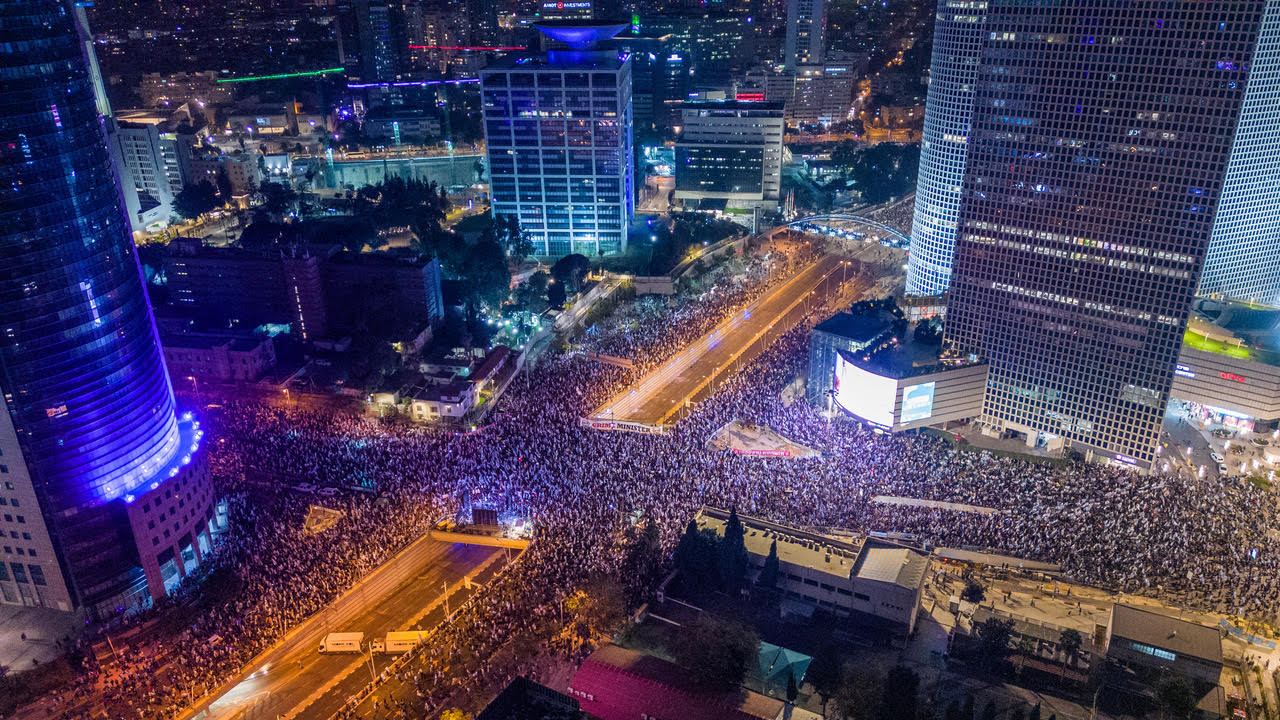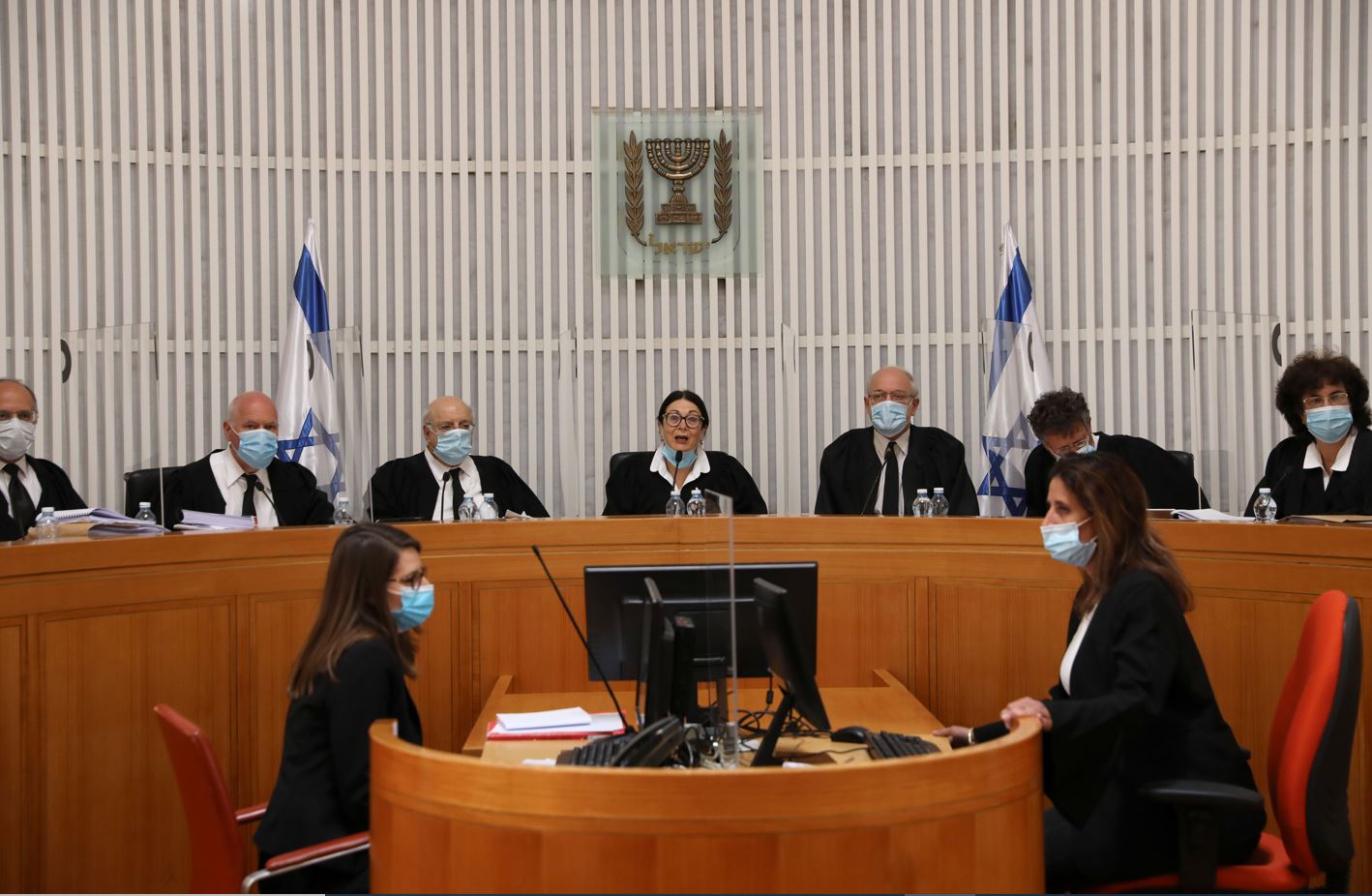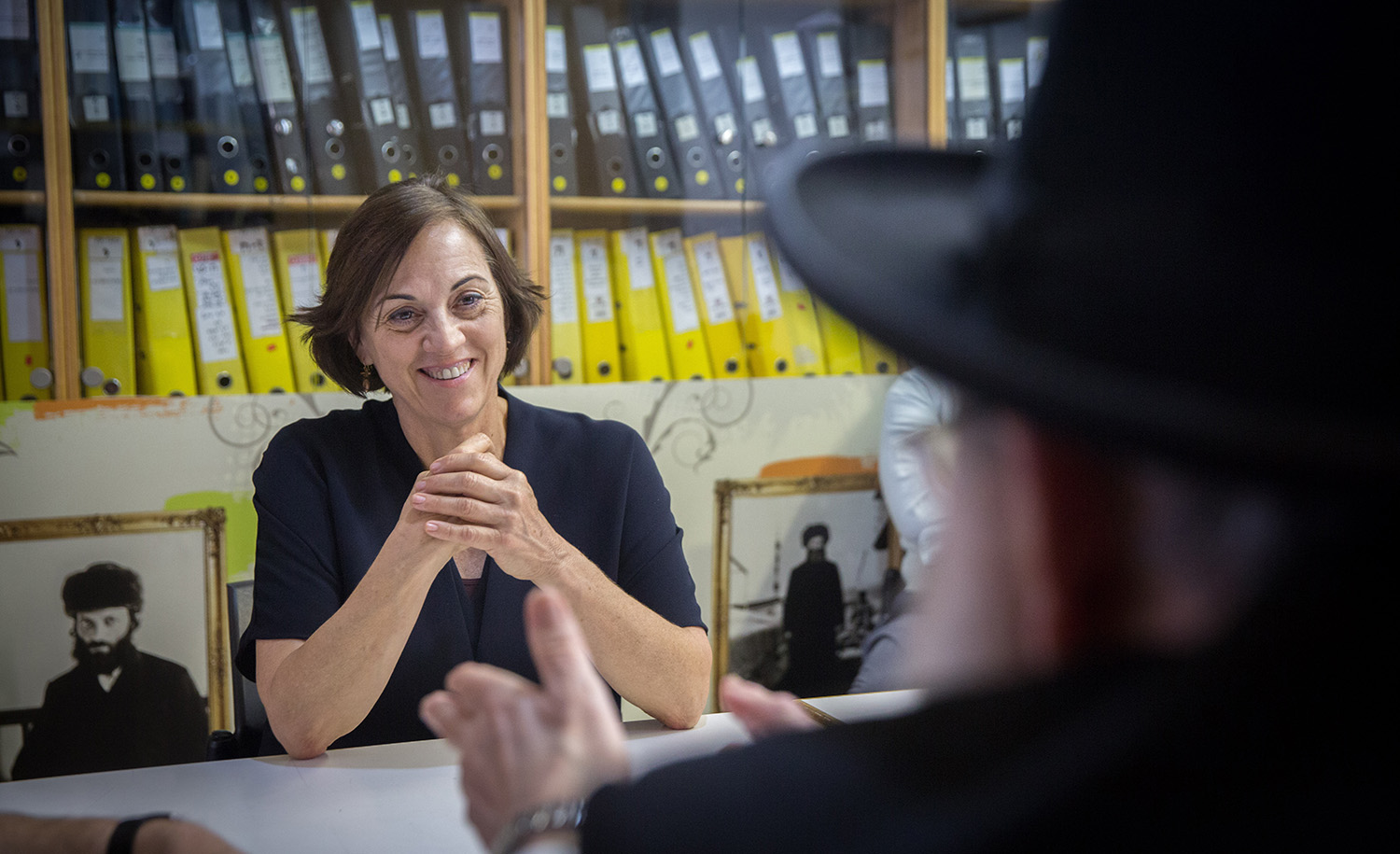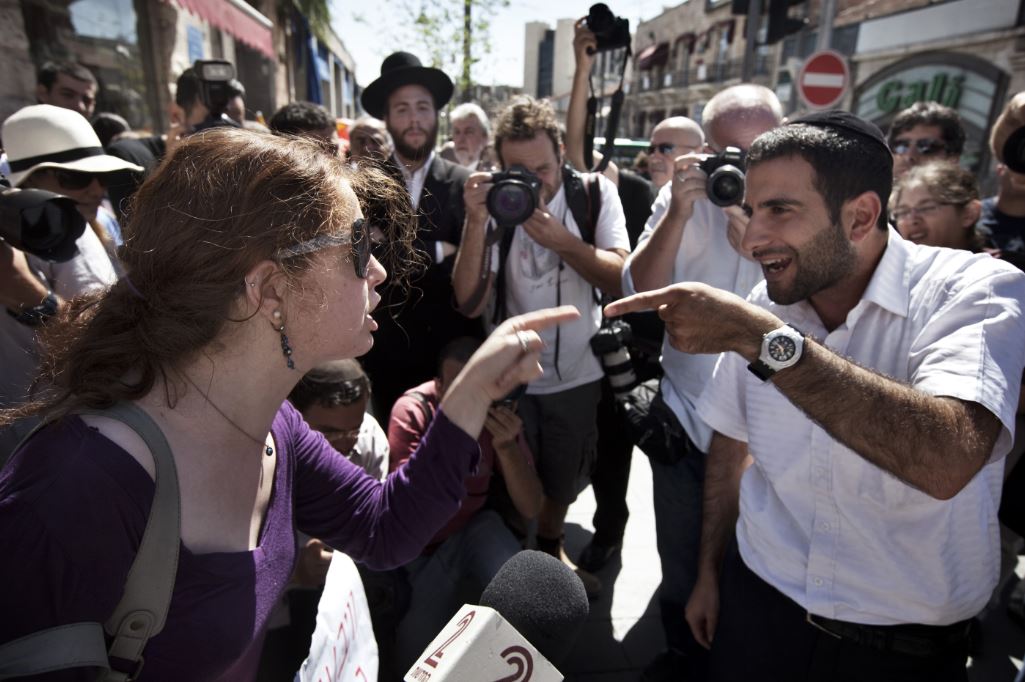Israeli Supreme Court
The poor reasoning behind “reasonableness.”
At some point, Israelis must negotiate a genuine compromise on legal reform. Otherwise, the issue will continue tearing the country apart for decades to come.
Israel’s judiciary needs balance. But a rash change is likely only to upset further Israel’s fragile equilibrium, and possibly bring down the regime itself.
A ḥaredi rabbi and editor who also clerked on the Supreme Court, Pfeffer is uniquely positioned to talk about a major aspect of the current crisis.
Israel’s parliamentary system produces weak governments that are increasingly liable to capture by minority parties, who have every incentive to indulge their most radical plans.
An American political scientist and an Israeli media personality talk about the cleavages in Israeli society that have made the present debate over judicial reform so intense.
Israel’s court is abnormally powerful and has caused half the nation to lose faith in its government. Reform will help, as long as it doesn’t cause the other half to do the same.
Aryeh Deri in the crosshairs.
If opponents of reform ceased their “panic-stricken keening,” they could articulate serious arguments.
Making sense of the override clause.
The override clause.
The member of Knesset and architect of the effort to reform Israel’s judiciary speaks about the issue.
An interview with Ruth Calderon, a Talmud scholar and former member of Knesset, on the Judaization of the Israeli public sphere—and much more.
The Israeli intellectual joins us to explain his country’s newest conversion controversy, and the underlying tensions it illuminates within Israeli public life.









